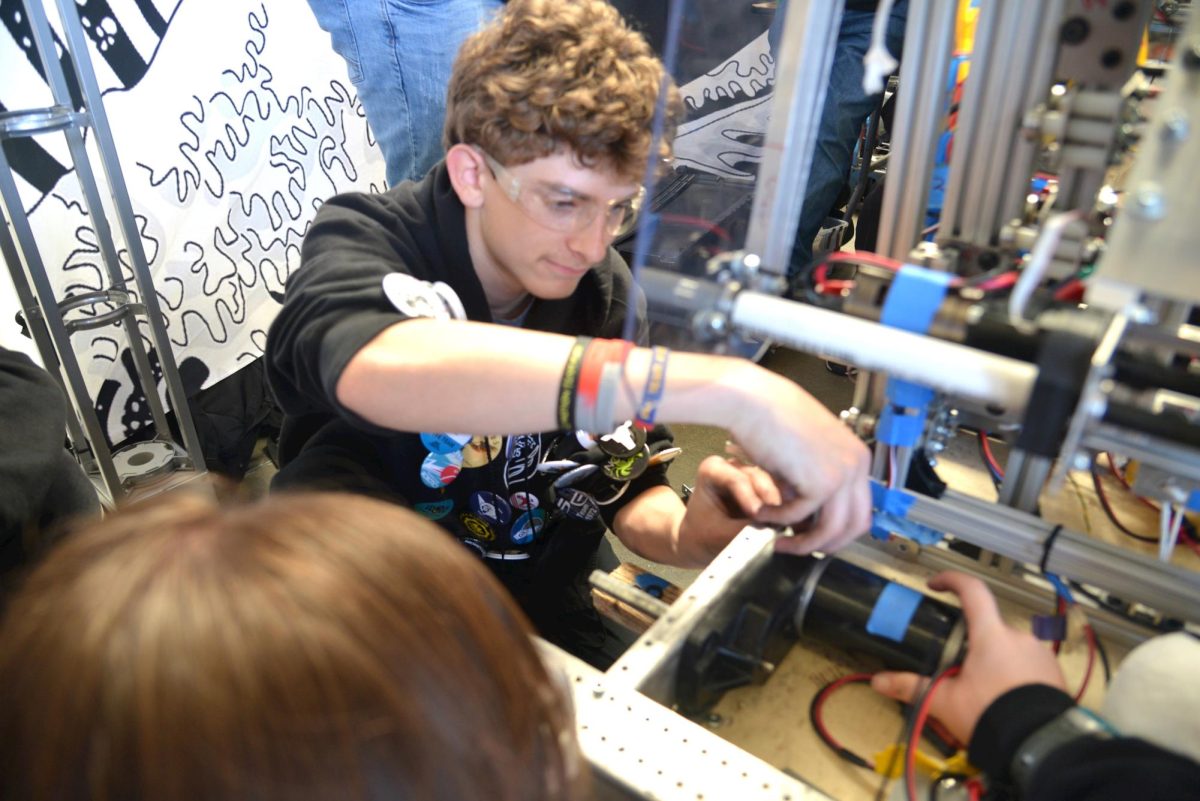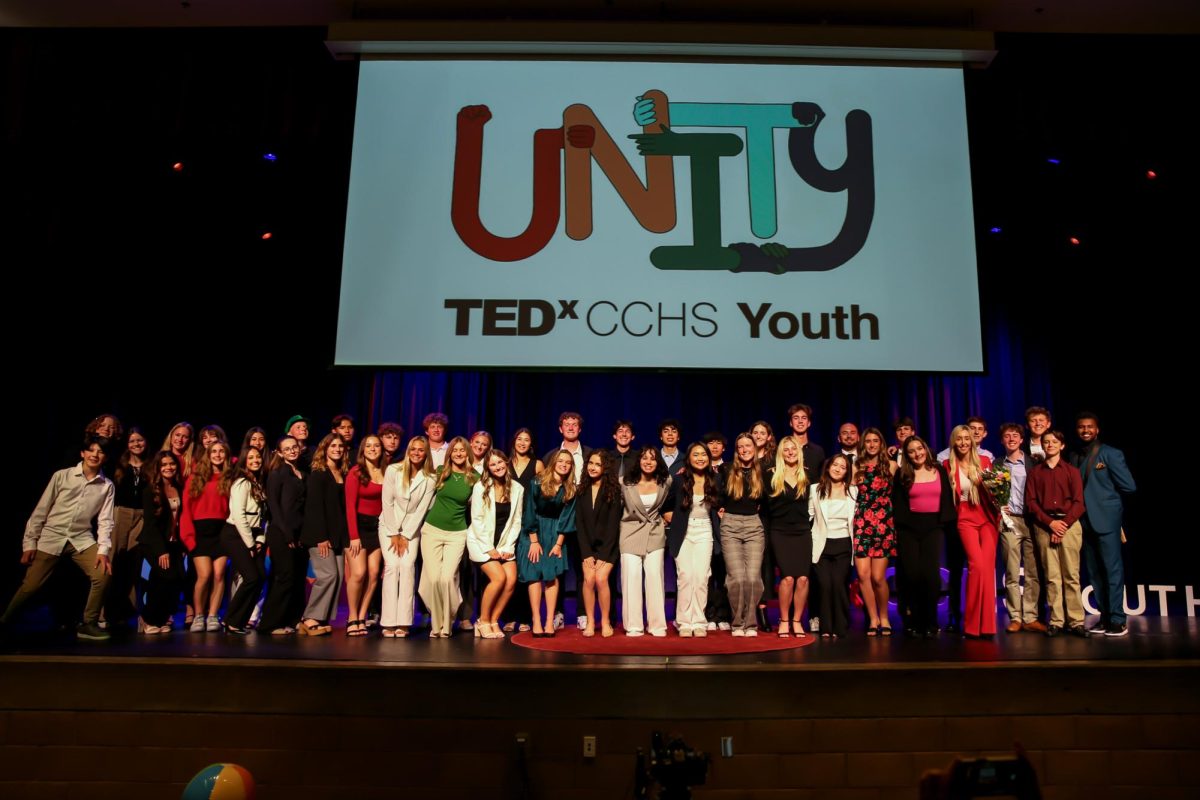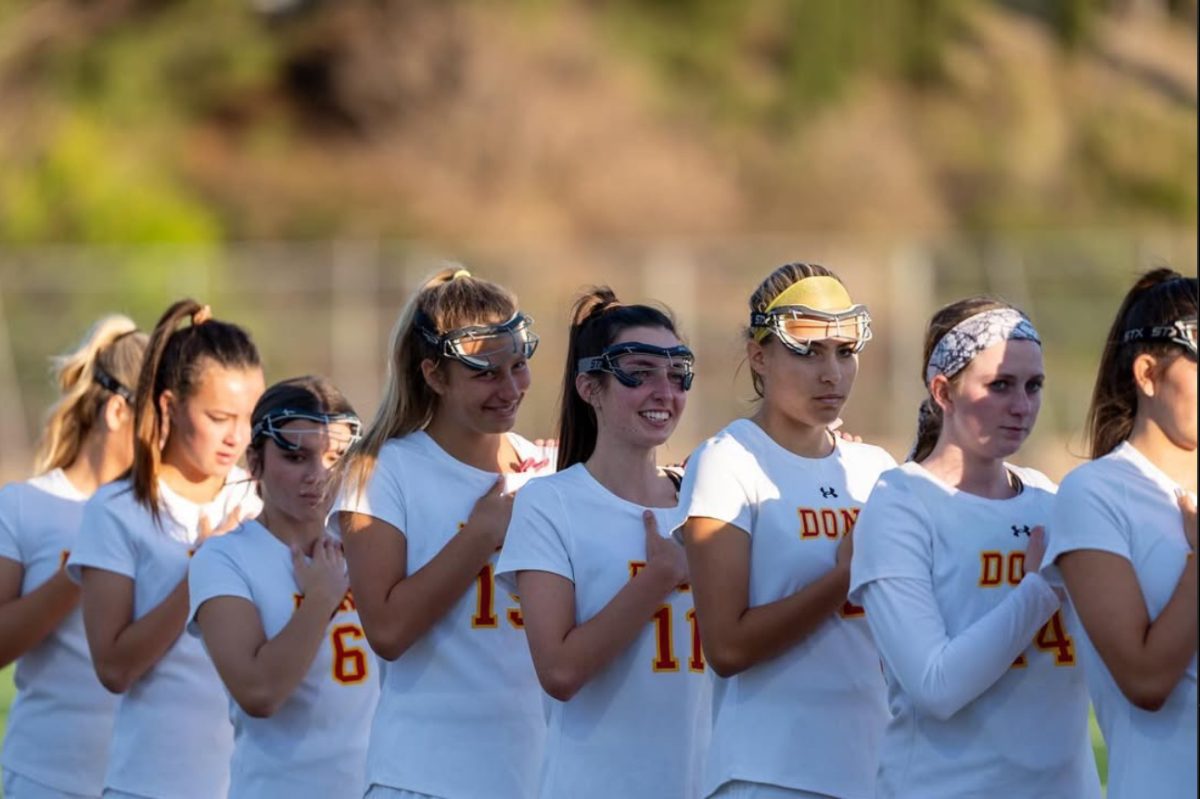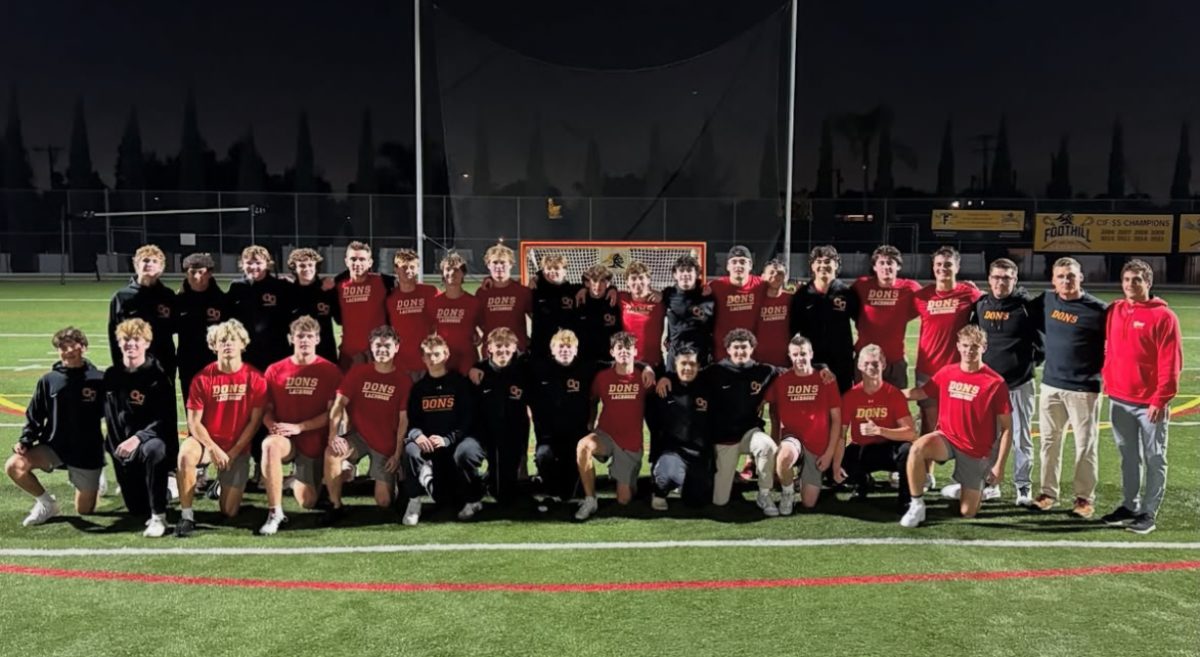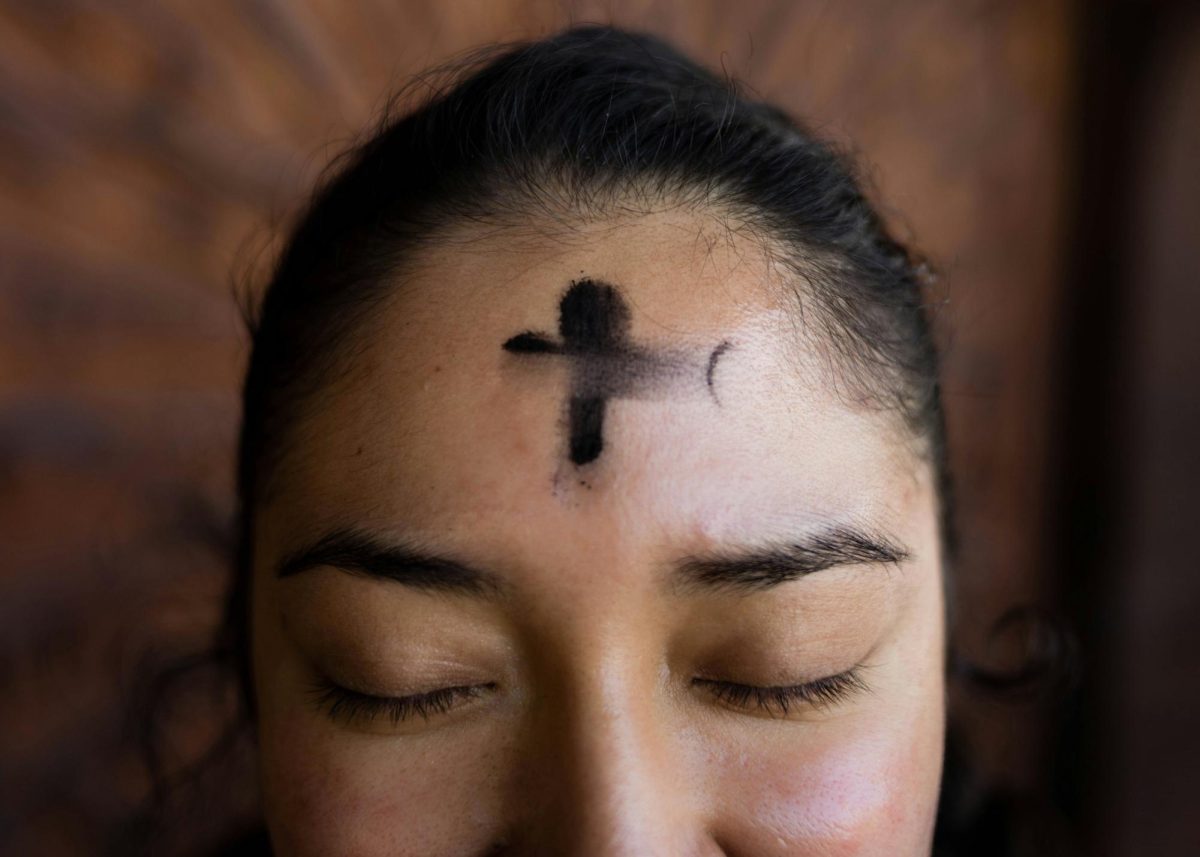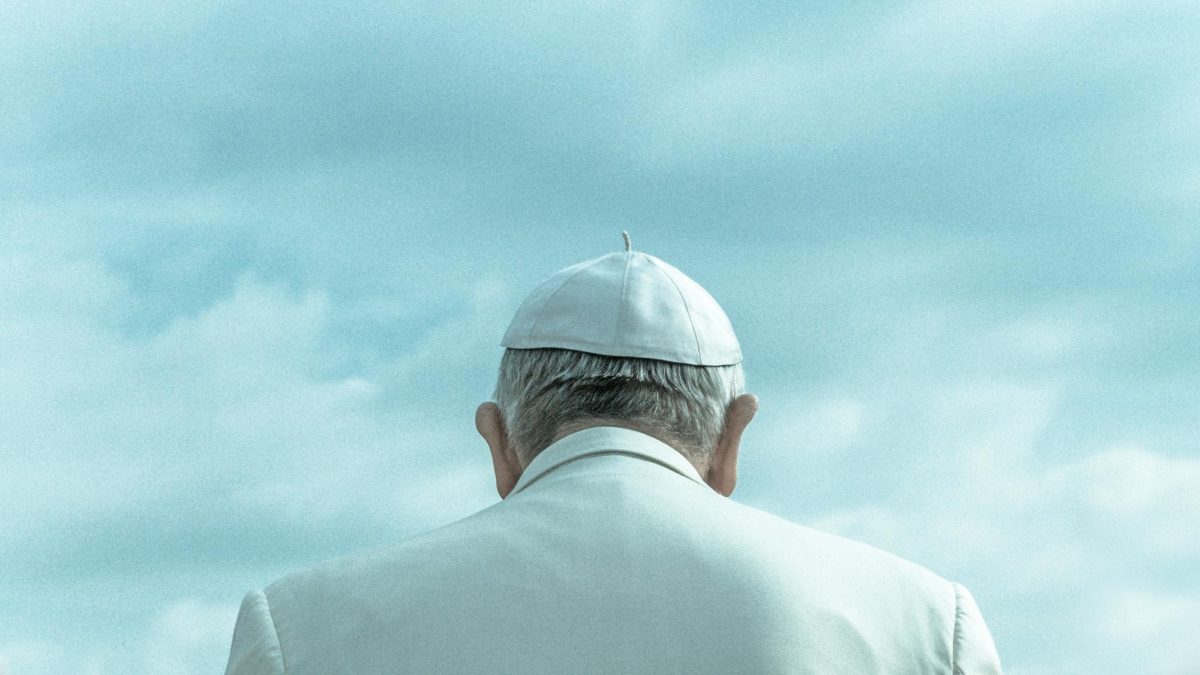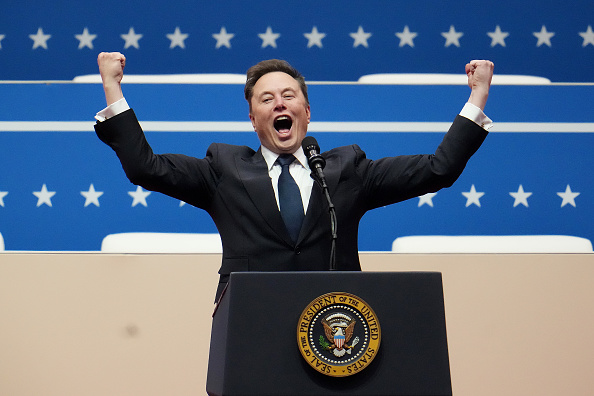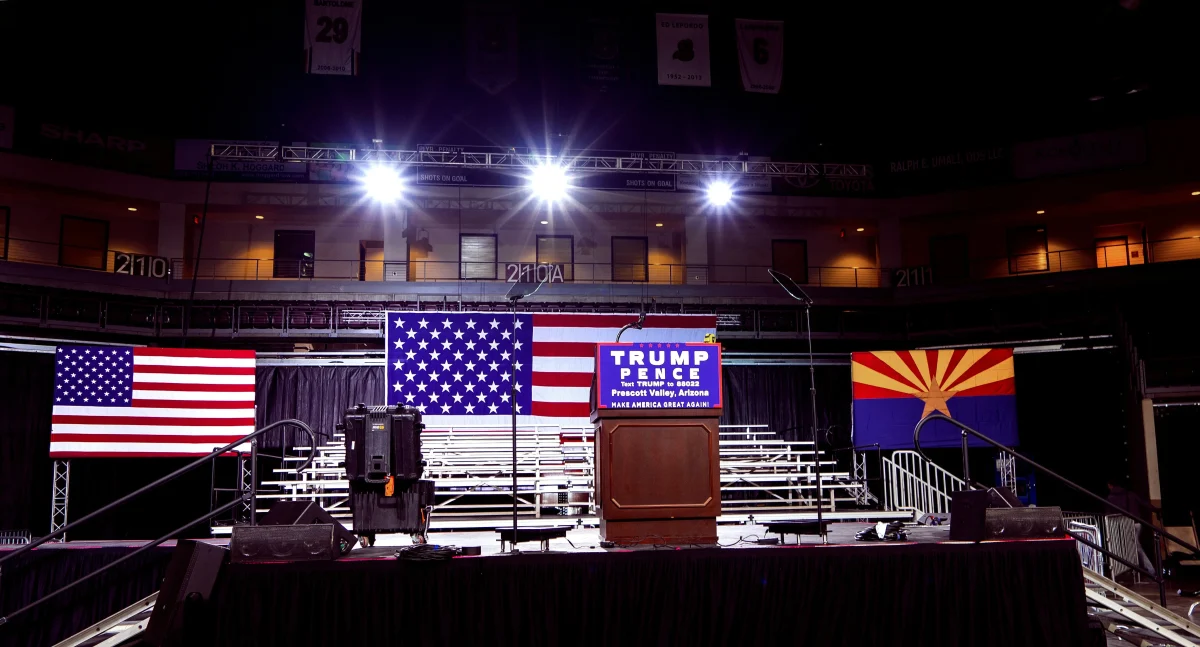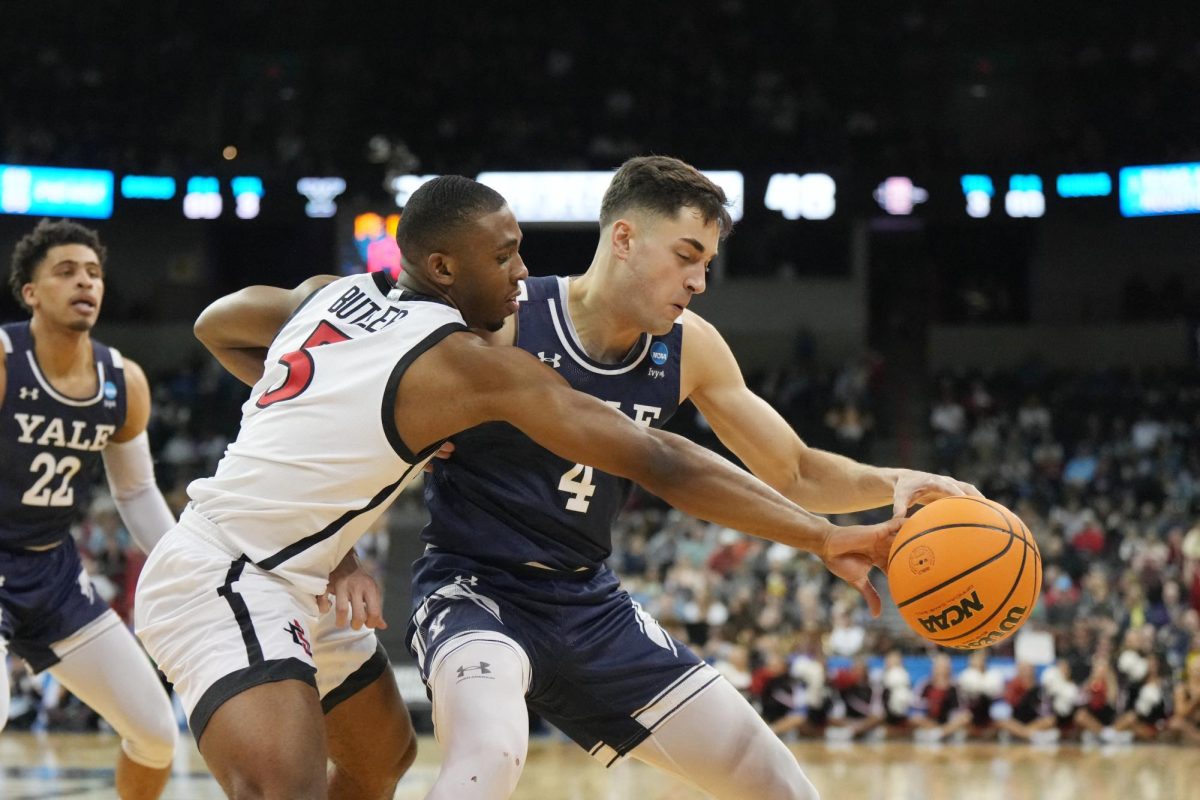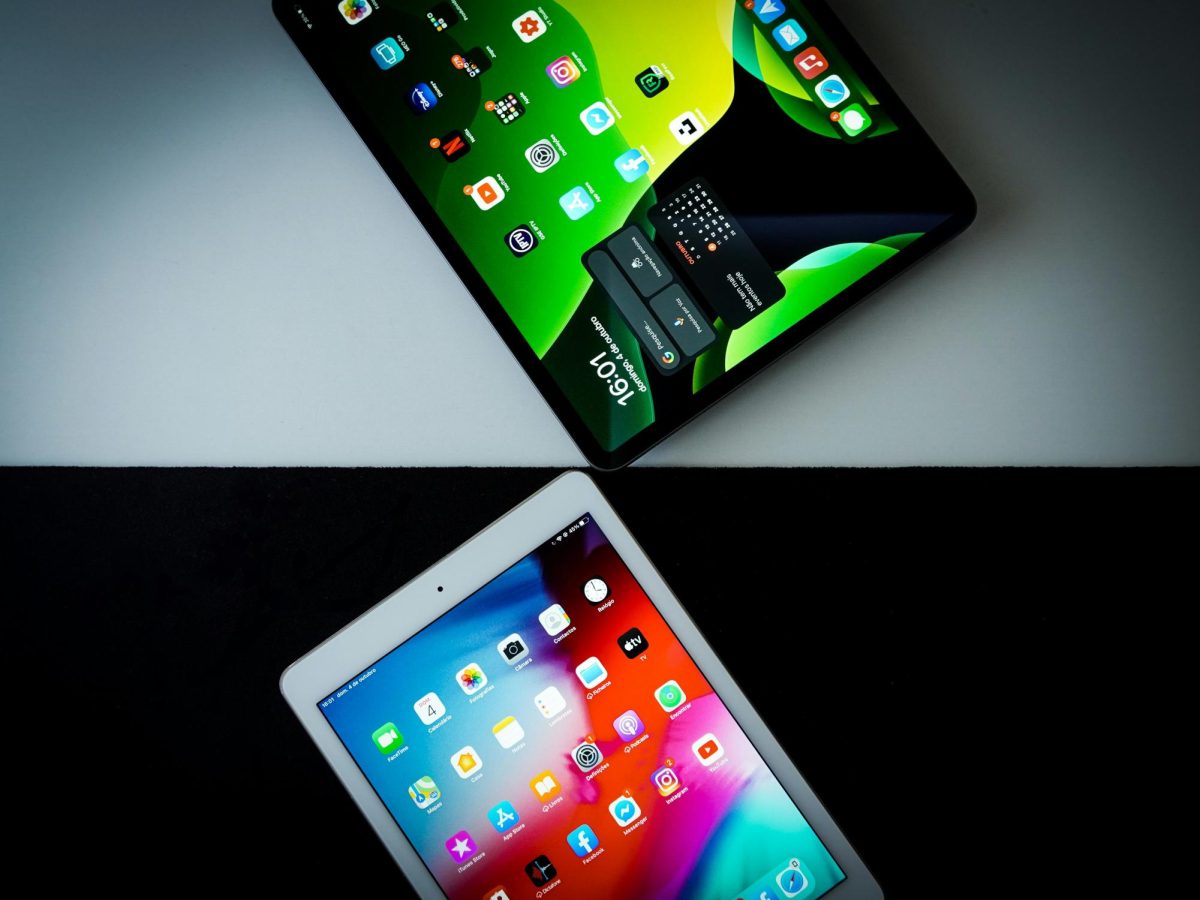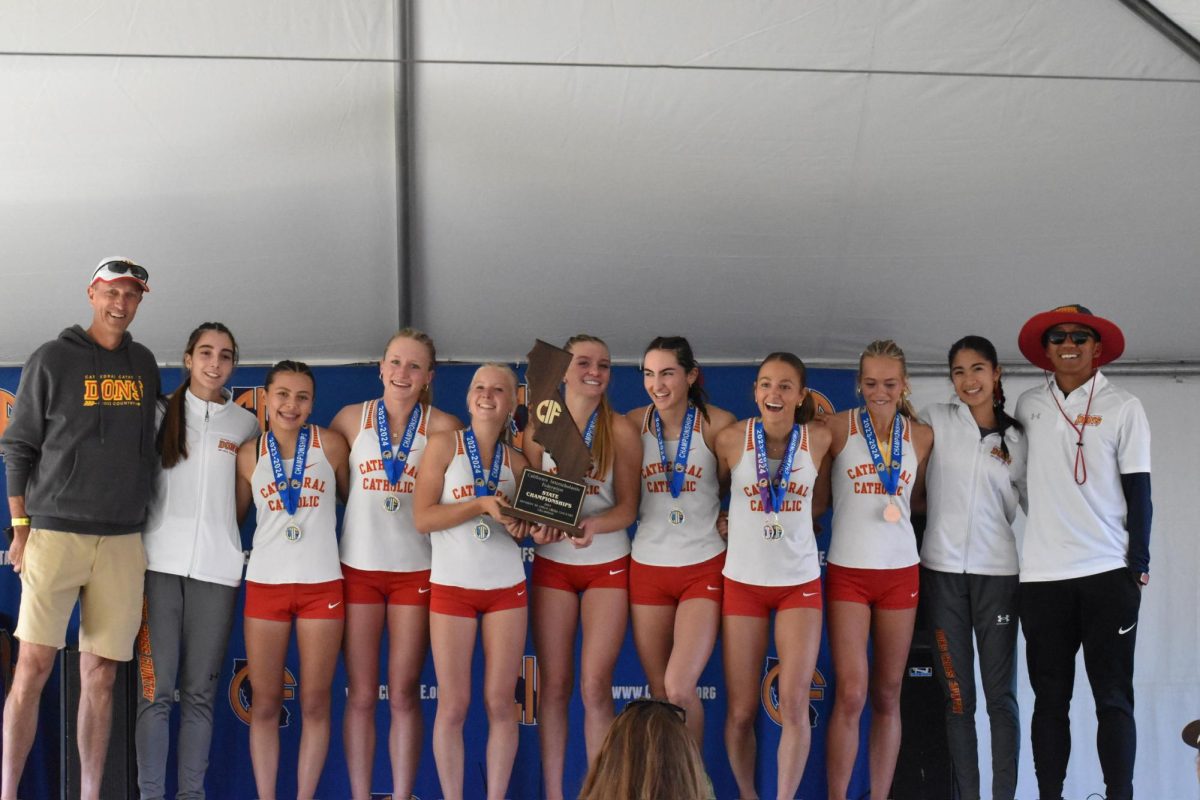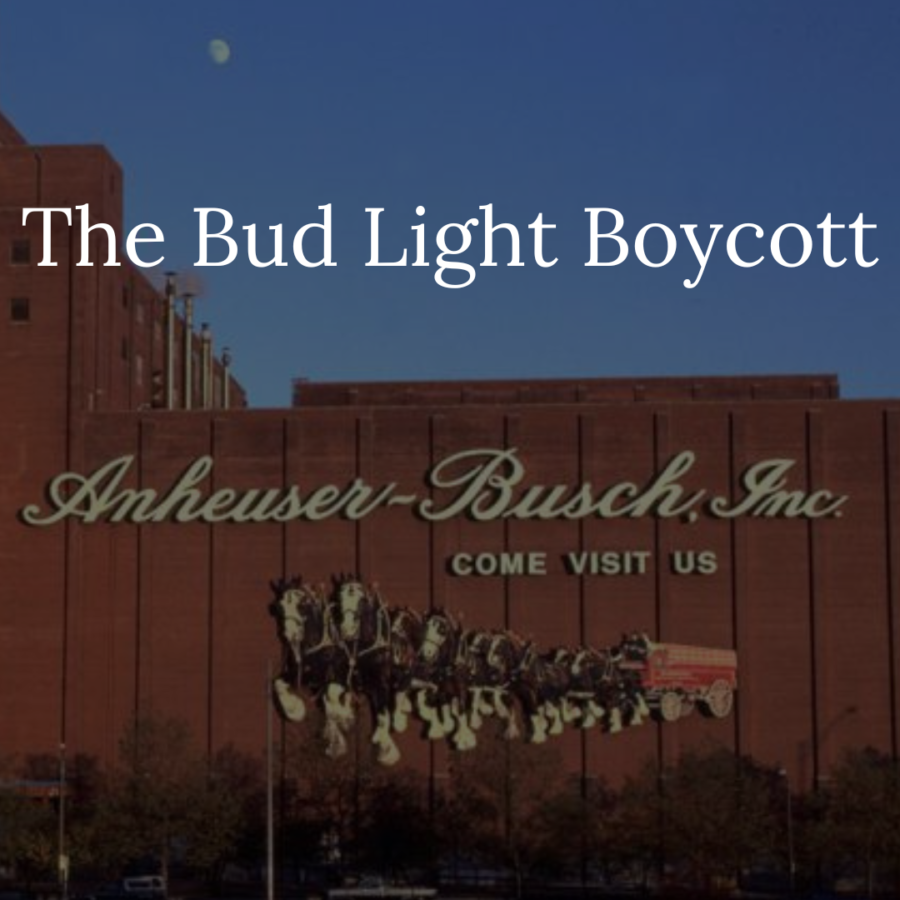Bud Light vs. Transphobes
After posting a promotional Tiktok with Dylan Mulvaney, Bud Light faces extreme backlash from conservative customers who believe their beer shouldn’t be associated with LGBT groups. The boycott they arranged has done little to change the company’s stock price, but has created a media frenzy filled with hate and aggression.
Remember the purple M&M craze? Most people probably do, it took over social media and faded away from the public’s mind faster than it appeared. The media cycle does this to “issues” both big and small all the time, and unsurprisingly it has sunk its claws into a new cause pertaining to a certain beer company and their social media campaigns.
Anheuser-Busch InBev, Bud Light’s parent company, had no clue an entire faction of their self-proclaimed loyal customers would throw a hissy-fit boycott over one sponsored TikTok, but that is exactly what they did. The aforementioned TikTok was a paid for video between Bud Light and Dylan Mulvaney where Mulvaney promoted a 15,000 dollar sweepstakes Bud Light was hosting.
In the grand scheme of Anheuser’s partners and sponsorships this promotion is tiny, but it was not to radical transphobes who disagreed with Mulvaney’s “lifestyle”. Objectors took to every social media available to fight against the company in questionable ways.
In a TikTok, a man was seen smashing entire cases of Bud Light beer on the floor of a grocery store in “protest”, forgetting that the only party he was hurting through this action was his own local grocery store. Many bar owners crossed the beer off their menus and refused to buy it.
Celebrities with larger platforms acted in radical ways as well. Kid Rock made a statement with a video of him shooting cans of Bud Light. Additionally, Travis Tritt banned the brand from his tour. It seemed like these celebrity statements were performative and made to appeal to the aggressive boycotters in their audiences.
Ben Shapiro, despite not being a huge Bud Light drinker himself, aired his grievances about Anheuser’s choices. “Well, folks, our culture has now decided men are women and women are men and you must be forced to consume products that say so” says Shapiro.
The extreme stock plummet boycotters were expecting was nowhere to be found though. It’s unknown whether or not boycotters were unaware of the fact Anheuser owns brands like Corona and Stella Artois or still purchased said brands because their only target was Bud Light not others under the Anheuser umbrella. The revenue from these other brands owned by Anheuser was the only thing supporting the conglomerate.
Interestingly though, competitors of Bud Light like Coors Light and Miller Light saw gain, boosting their parent company Molson Coors’ stock by 10 percent. This increase in Coors stock could be seen as a success for boycotters but some wanted more, and acted on those urges in violent ways.
Threats were made against Anheuser claiming that bombs had been placed at their locations, critically endangering employees completely uninvolved in the situation. At this point, Bud Light became much more frantic in their path to covering up the conflict.
“We never intended to be part of a discussion that divides people. We are in the business of bringing people together over a beer” said CEO Brendan Whitworth in a statement.
The promotional campaign created to bring new groups to Bud Light never intended to antagonize their original loyal customers. Many have said that the goal of the sponsorship was to begin growing loyalty in younger customers who don’t have the allegiance to big beer companies and instead opt for craft beers and spirits.
Even if the boycott had not begun the campaign would never bear the fruit marketers hoped it would. There is something to be said about the corporatization of personal beliefs like these by companies. Events like pride month have become less and less about the people themselves, and more about how companies can pander to groups in uneducated ways as a cheap money grab.
It comes off as fake and forced, doing more damage than not existing at all in some cases. In Bud Light’s case some have expressed anger at the company for putting Mulvaney in this position. Even more so, many critique Bud Light’s unwillingness to back up their original statements and running away once boycotters tried to push back.
Based on their cowardice in the face of backlash it’s obvious that this campaign was only a money grab, not an educated statement on what the company.
Despite their plans, it’s debatable whether or not the sponsorship helped any of the parties involved. Previous and future customers on either side of the conflict have been put off by the brand and right now it seems like Bud Light’s future is uncertain.
But like every other trendy conflict on social media, this one will probably fade into obscurity after a couple weeks, and Bud Light will regain its footing.

Hi! I'm Lucy Miller, a senior attending Cathedral Catholic High School and working as the Editor-in-Chief of Dons Press by El Cid. I love being active...





